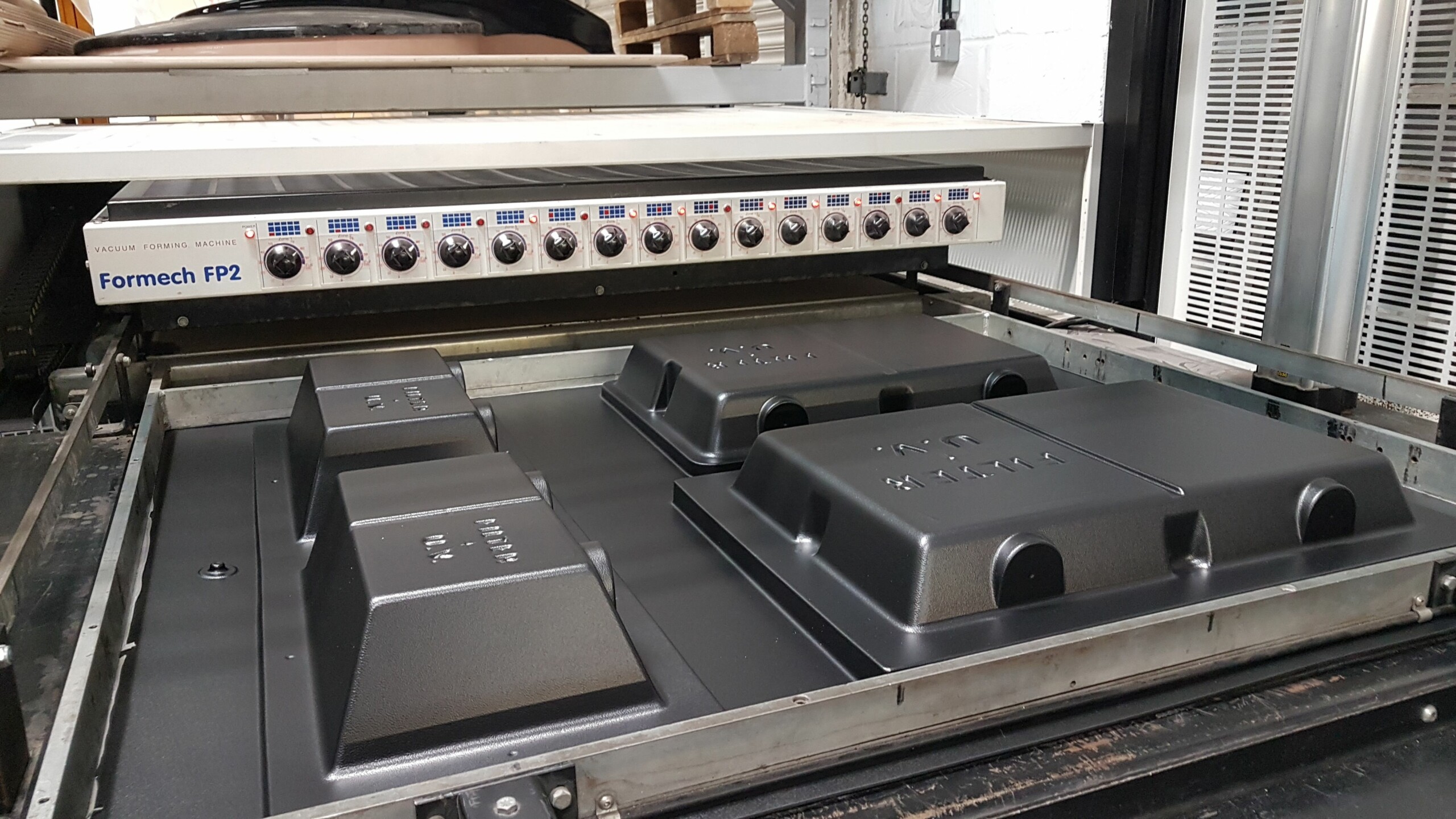Vacuum Forming: An In-Depth Look
Vacuum Forming: An In-Depth Look
Blog Article

One of the versatile Vacuum Forming plastic fabrication methods, Vacuum forming is used to produce numerous products by using heat and vacuum suction to shape polymer sheets over molds.
Vacuum Forming Procedure
To create a vacuum-formed product, the plastic sheet is first mounted into a frame and heated until it becomes flexible. Once the material is ready, it is positioned over a mold, and a vacuum is applied to suction the material tightly over the mold, creating the required shape.
Once molded, the formed part is left to cool before refining the excess plastic. The final product is then refined to remove unwanted material and processed for distribution.
Industries Using Vacuum Forming
Vacuum forming finds its uses in industries such as aerospace for creating lightweight plastic parts. Some common products made using vacuum forming include:
- Vehicle interior panels
- Clamshell containers
- Hospital trays
- Store signage
Advantages of Vacuum Forming
One of the biggest pros of vacuum forming is its affordability. Other significant benefits include:
- Rapid production
- Low-cost tooling
- Customizable shapes
- Durability
Final Thoughts
For businesses looking for an scalable plastic manufacturing solution, vacuum forming offers a highly adaptable option.
Report this page